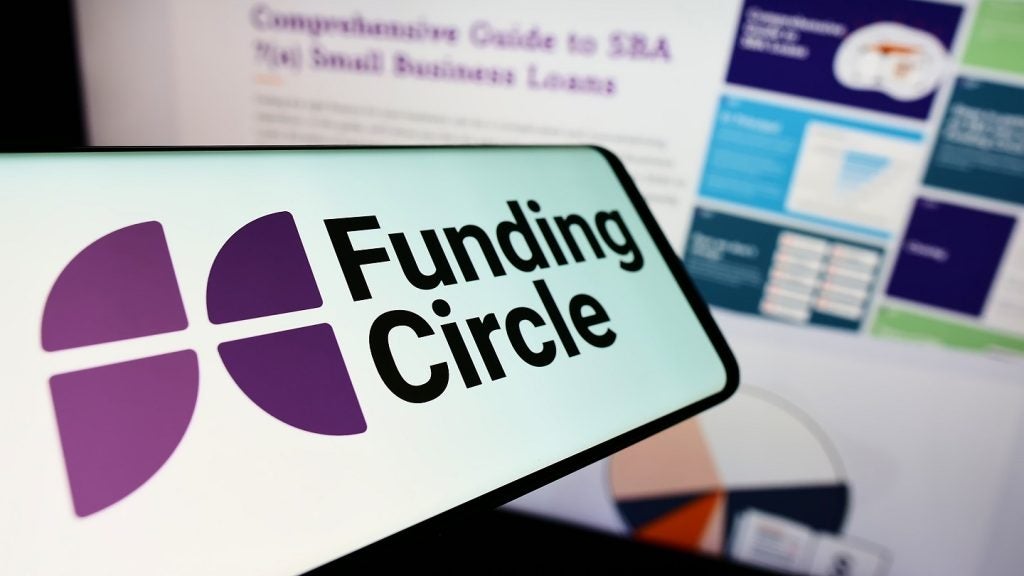Margins are up in small-ticket
leasing in the UK and on the continent, but so is bad debt. Also,
as broker business declines, how exactly will business be sourced
in the future?
International comparisons in the
asset finance sector are usually challenging, with country
differences often explained away through different legal or
accounting regimes, distribution patterns or culture.
But speaking with two country CEOs within the
ING Lease Group, it becomes clear that, for all the country
differences, there are also important similarities in small-ticket
market conditions and business approach.
Like all European countries, the UK and
Belgium have endured a significant drop in demand. During the
second quarter of the year, both markets continued to show a
significant GDP decline, while other western European markets (such
as Germany and France) appear to have moved more quickly out of
recession. Both asset finance markets declined 30 percent or more
in the first half of 2009.
Confidence remains low
How well do you really know your competitors?
Access the most comprehensive Company Profiles on the market, powered by GlobalData. Save hours of research. Gain competitive edge.

Thank you!
Your download email will arrive shortly
Not ready to buy yet? Download a free sample
We are confident about the unique quality of our Company Profiles. However, we want you to make the most beneficial decision for your business, so we offer a free sample that you can download by submitting the below form
By GlobalDataBusiness confidence remains low and
companies – as we have heard frequently – are pulling back from all
but essential investments, looking to reduce debt at a time when
they have uncertainties over their own liquidity and debt cover.
The effect has been widespread, with all sectors affected, as
evidenced in the UK by monthly FLA statistics.
How have small-ticket lessors responded in
these two markets? Commercial financing conditions have moved in
parallel. Margins are up, but so is bad debt. Remarketing to
mitigate losses has become critical but more difficult, especially
in areas where low demand has driven deep discounts in new
equipment or where asset obsolescence has occurred.
Market feedback in the UK suggests that
average small-ticket bad debt is in the 100-150 basis points range,
but variations are considerable, with some comfortably under 1
percent and others now reported to exceed 10 percent.
According to Patrick Beselaere, CEO of ING
Lease in Belgium, bad debts are up 50 percent from a year ago but
from a low base. ING Lease in the UK is also in a position to
report bad debt materially below the market average.
Those suffering high bad debts are likely to
find their businesses unsustainable and they – according to Chris
Stamper, CEO of ING Lease in the UK – are the reason for the latest
wave of market exits, rather than the strategic, business portfolio
decisions that drove many earlier announcements.
Both markets report a shift towards broker
business. In Belgium, a market where 70 percent of asset finance
business is written by the big four bank-owned lessors – KBC, ING,
Fortis and Dexia – the tightening of credit standards and a drive
by lessees to diversify funding sources has led to an increase in
vendor, broker and specialist funder business (notably, much of
this apparently diversified finance ends up with the big four,
either through substitution or simply a different distribution
channel).
In the UK, while the broker market has
declined and market exits have been publicly lamented, the decline
in volumes of direct and sales-introduced business have been
greater.
For all the similarities, there are also
distinct differences in the Belgium and UK small-ticket broker
markets. As a small, heavily banked country where all of the big
four major players provide leasing as a standard offer for SMEs
through their bank branch network, the potential role of brokers
appears more limited than in the UK where they have become an
increasingly important route to market for funders keen to reduce
cost-income ratios.
As a result, broker commissions in Belgium are
reported to be thinner and the requirement to add value beyond the
provision of a vanilla finance offering is higher.
This is well evidenced in the IT sector, where
brand name companies provide extended service offerings yet
individually broker the funding portion to funders.
Some hope for recovery
Beselaere sees some hope for market recovery
over the next 6 to 12 months, but not significant change, with
demand remaining sluggish and supply fairly unchanged. When demand
and liquidity do return, broker-introduced finance should remain
relevant but only where lessees seek diversified funding sources of
added value services.
In the UK, further changes appear possible. As
market conditions remain difficult, Stamper believes a number of
established sole trader brokers could leave the market. This group
represents an important route to market for ING Lease, often
working with a stable, good quality set of customers resulting in
high conversion rates and low default.
As Stamper said: “Add them together and it is
a lot of business.”
Other brokers likely to struggle may have weak
cashflow and be unable to cope with debit back claims from funders;
where commission levels have declined such that overheads
(including salesforce staff costs) can no longer be met; or those
who had written business on their own book and were now
experiencing high default levels.
With the withdrawal of so many prime funders,
once demand returns Stamper fears a lack of physical capacity may
create problems within the sector.
This creates a series of enticing scenarios.
Can exiting prime funders come back into the market, perhaps
bringing their old operating platform out of retirement? Just as
ING Lease created a step-change business model five years ago,
could a 2010 market gap see the next iteration, driven by a new
entrant or an existing, smaller player keen to move up to the big
league?
Will the capacity issue catalyse own book
funding at the broker and small lessor level then financed by a
broader range of wholesale players?
Who knows, but the next two years are unlikely
to be boring.
The author is a partner at the
consulting and services firm Invigors LLP







